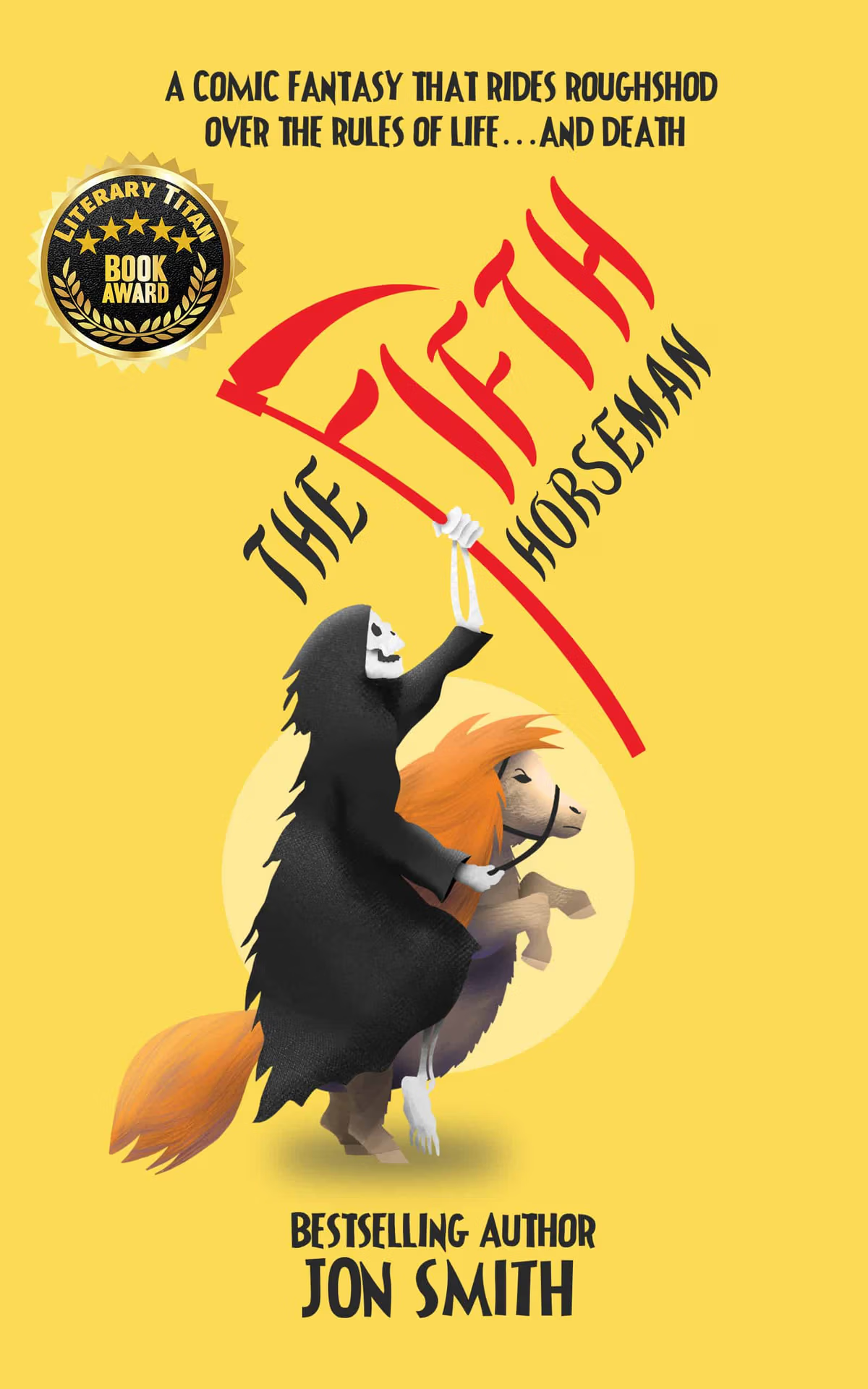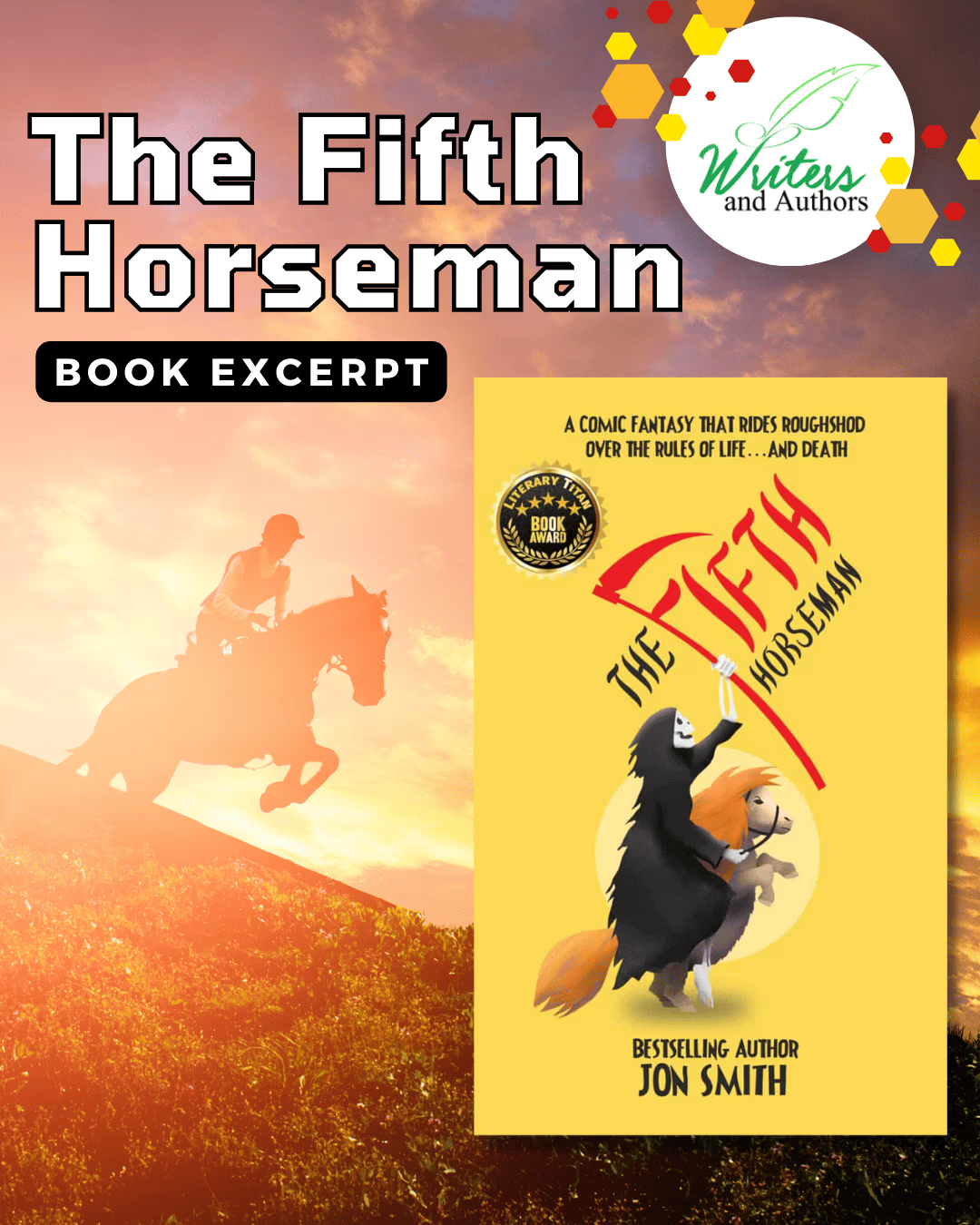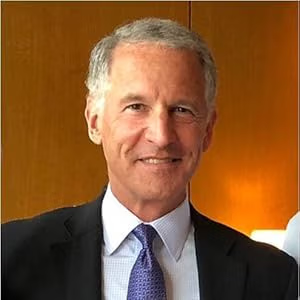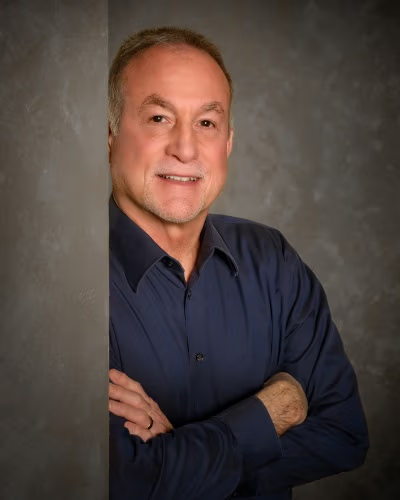 CHAPTER ONE
CHAPTER ONE
Emma reached out to steady herself on the copper base of Bella, the magnificent Liver Bird that stands sentinel atop a white dome, looking out over the River Mersey and across to the Wirral and North Wales.
Her legs shaking from both effort and fear, she stopped for a moment to try and catch her breath. She ran a hand through her long auburn hair, gulping in oxygen and regretting cancelling her gym membership earlier in the year. A strong and sudden gust of wind hurtled in from the Irish Sea, its elemental tendrils clawing at the exposed skin of her hands as the cold sting brought tears to her eyes. Whilst she rued her choice of the landmark building, realising that not for the first time she’d let form take precedence over function, she paused to appreciate the stunning waterfront vista forged in blood, sweat, and tears by the city’s maritime and cultural history, both old and new, good and bad.
Why the clowns at UNESCO had stripped the city of its World Heritage Site status would forever remain a mystery.
However, with typical scouse nonchalance, she parked that train of thought and tried to focus on the task at hand.
Everyone was out and about – on Pier Head, on the Strand, on their phones – busy with their day. Busy with their lives. Not many people looking up, which suited Emma just !ne. She was used to being ignored. Used to just blending in. It was a learned behaviour that had started when she was a child, living under the strict rules of her parents, who firmly believed that children should be seen and not heard. She had trained herself to remain quiet, remain small, and remain in the background. It made for a lonely childhood but a peaceful one.
But much to Emma’s chagrin, once she’d left for university, she found it difficult to unlearn, and thus difficult to make and maintain friendships. Or to be noticed by lecturers, even if she had her hand in the air. Or to be noticed by boys, despite being single and very much ready to mingle.
However, what wound Emma up most was not being noticed at work, no matter how diligent she was or how many new accounts she brought in. It was never Emma who was celebrated in the company newsletter, and it was never Emma who was put forward for promotion. Emma was just… there. A safe pair of hands at the back of the room. Reliable Emma. Wouldn’t say boo to a goose Emma. The same Emma who’d just been handed a P45 and a beautifully written termination letter with her last and middle names mixed up. That’s how well management and colleagues had got to know her in eighteen months.
For once, standing next to the symbol of Liverpool, over three hundred feet above the city, she was grateful that no one noticed her. She didn’t really feel like looking back at them. She wasn’t there to be gawked at or be made into some kind of sideshow on the street.
Not until after she jumped, of course.
At thirty-one years old, online articles all tried to convince her she was in the prime of her life. In reality, her happiness scale was registering an error; the reading was so low. She was neither playing the !eld nor settled with a significant other. She couldn’t afford to rent her own apartment, never mind become a home-owner, so she was $at-sharing. She worked long hours at a thank-less insurance company full of dull, grey people. She made enough money to get by but not enough to actually live. She never broke through that ceiling to join those who are ‘doing well enough to plan for a future’. Thus, she never thought she had a future – just a series of past mistakes and present dreads.
Someone Finally looked up and saw her, squinted to make sure they were right, shook their head in disapproval, and walked o”.
She sighed. Was she really that unremarkable? She thought she was pretty in an understated way. A heart-shaped face, button nose, and two little dimples when she smiled – which, to be fair, hadn’t been all that often recently. Her breath got caught on a shift in the breeze and blew back in her face. She smelled coffee and a bit of sick. All she’d had for her final meal was lukewarm coffee earlier in the morning. It wasn’t fair to go out with such an unpleasant smell lingering in her nose. Nothing was fair.
“Emma!?”
Someone called her name as a hand slammed onto the dome, trying to find purchase. An arm and then a head of shaggy black hair soon followed. Mark, her tall lanky $at-mate, looked up at her. His puppy-dog eyes were wide with fear, both for himself and for her.
“Shit.” Emma sighed. He’d found the letter and clearly ignored the instructions to open only after seven p.m. She should have known he would; his childlike curiosity was both endearing and infuriating – and predictable. Now she had to do what she had to do with an audience.
She took a step towards the edge.
“Don’t come any closer, Mark.”
He pulled himself up onto the dome, gauging how far it was to Bella’s leg. He couldn’t believe what he was seeing. His best friend and flat-mate with nothing behind her but a grey sky to catch her fall.
Another strong gust rattled the metal struts supporting the Liver Bird statue, blowing Emma’s hair into her eyes. She angled her face away, as much to avoid Mark’s judgemental frown as the wind.
“Don’t turn around,” he pleaded, and she remained steadfast where she was. “There’s a… nothing behind you.”
She turned slowly to see what he meant.
He winced. “No, don’t look!”
“I know there’s nothing,” she said.
“Well, don’t fall into it!” he exclaimed. “This high up – you’ll die.”
She put her arms down and sighed.
Mark looked at her critically. “Really?”
“I’m done, Mark,” she said. “You know how long it’ll take me to pay o” everything? Years from now, I’ll still be stuck in this same rut. I’ll be old, incontinent, and already dying, and I still won’t have saved enough to put down a deposit on a small one-bed flat in need of major renovation. I may as well…” She turned, and Mark gasped again. “I may as well not bother.”
She lowered herself calmly and sat on the dome, legs kicked out casually in front of her, and immediately regretted it, as the frigid metal sucked away what little warmth she had left in her body through her thin cotton skirt and tights. She had to keep her balance as she swayed. Too relaxed, and she’d fall or slide down, and she didn’t want…well, she didn’t want to do that yet. Mark couldn’t be there to see it. She had to make him go. Her teeth started to chatter as a trio of seagulls circled them, clearly wanting to set down, cawing their frustration at the presence of humans on their favourite perch.
Mark fought o! every primal instinct to lower himself down to safety and instead cat-crawled up the dome, wrapping his arms around the Liver Bird’s legs and hanging on for dear life. He peeked with one eye over the edge, just until he could see the ground below and no further. Staring down at the pavement from this height… he was shivering too, but not from the cold.
“Come on. Let’s get down, have a drink at the Albert Dock, and talk about it.”
“I haven’t done my hair.”
“You look great.”
“Please.”
“We can work through this,” he persisted.
“Work,” she scoffed. “We can’t, actually, because I got laid off.
Again.”
“That’s constructive dismissal. You’ll have a case,” he guessed, floundering for options to keep her talking.
She shook her head. “I’m out, case closed. Less than two years, so they can do what they like. They wouldn’t even let me say goodbye. Or take my stuff out of my drawers. Just confiscated my key card and marched me out of the building.”
“Oh,” he said in shocked disappointment. “Then that means
— What’d you leave behind?”
“Nothing important, it’s just the principle,” she said.
“No, wait, what’d you leave?”
“Nothing!” she insisted.
“I know you left something,” he said, snippier, “because it’s still not back yet.”
“What’s not back yet?”
“My two-compartment container. With the red lid.”
She groaned dramatically.
“Long enough for a banana, remember?” he asked.
“Yes, I remember.”
“With the clip top?”
“Yes.”
“It’s part of a set of four I’ve been using—”
“Mark, I got fired! Now I’m here. The plastic tubs don’t matter!”
“That’s fair,” he said, hands up in surrender. And then he quickly grabbed Bella again. “I just— I’ve just been wondering where it is… Was it empty?”
“Oh, God.” She shook her arm in frustration. “I’m here to end it all, and you want to know if I ate your Thai green curry?”
“Well… yeah,” he said. “It was a new recipe. If I do it again, I want to get it right.”
Emma gestured to her predicament, being one wave of her hand away from teetering over the edge to her death. “Again?”
Mark was in denial. He smirked at her. “Well, I mean… y–you’re not gonna, right?”
“What other option do I have?” she asked. “No, really.” She turned around and sat with her back to the Mersey, which was somehow worse for Mark to watch. “You tell me what I should do, aside from killing myself? No job, no savings, I’m over sixty grand in debt and—”
“We can get through this. I’m working. My mum and dad could help, maybe enough to cover your rent for a few months.”
Emma got increasingly tired of his delay tactics and slowly turned towards the river. The ferry had just docked at Pier Head, bobbing up and down on the swell. She watched as the commuters and tourists poured across the gangplank, glad to be back on firm ground.
“It’s not impossible!” Mark continued. “Nothing is!”
“You sure about that?”
“Yes!”
She turned and gave him a cold, teary stare. “You think I might survive then? If I drop? Is that not impossible?”
“No, that’s unlikely and not worth the risk. Please don’t.”
Mark dropped to his knees and tried to reach her. He couldn’t stand – at such a height, it’d be so easy to waver o! and die in a silly way – but he could shuffle over to her on his knees, and he did. “Please.”
“At least you’ll get the insurance money. I put you as my beneficiary.”
“Actually, they don’t pay out if you take your own life.”
“You serious?”
“Deadly. Deadly serious… How do you not know that? You sell insurance for a living.”
“Not anymore,” she scoffed. “Sorry.” And she really, honestly, bottom-of-her-heart meant it.
She bit her lips together, making them %ush red, then she reached over and hugged him around his neck, a big strong hug.
She made sure to use up all her strength, every ounce she had left, because she didn’t need it anymore.
“You can live without me. There must be loads of cool %at-mates out there. Cooler than me at least. And able to pay their half of the rent,” she said.
“N-no.”
“It’s not impossible.”
“It’s… unlikely.”
Emma smiled, chewing the inside of her cheek as she tensed her arms, ready to push herself up. Mark reached out, grabbing her wrist.
“Wait. There’s something I need to say,” he pleaded.
“Don’t, Mark. No more talk. You’re not going to change my mind. I’m angry you came, but honoured at the same—”
“I love you.”
Mark really hadn’t meant to say it. Not now, not ever. But the words climbed up his throat like a lump and forced themselves out with brute force.
“You what?” Emma scrunched up her face, not sure she’d heard him right.
Here was his chance to apologise and laugh it off. A pressure-induced faux pas. She’d understand; he was always saying daft things.
“I love you, Emma. I have done since the day we met. I love you and I’ve loved every minute you’ve been in my life. Please don’t do this.”
“What the fuck?” Emma was incredulous.
Not quite the reaction Mark had been hoping for.
“Don’t do this,” she said. “Not now. Not here.”
“Then when? There is no tomorrow, not if you go ahead with this. There is no perfect moment. All you’ve left me with is now.”
“What do you want me to do with that information?”
“Changing your mind would be a good start.”
“That I can’t do. You’re a good friend, Mark. Thanks for trying. I’m sorry.”
“Best friend?”
She smiled. “The bestest.”
She kissed him on the cheek before they parted. She stood up while Mark stayed kneeling on the dome, unable to get onto his feet. He was frozen to the spot with cramp and despair.
“Okay,” she said. She took in a deep breath, let go of Mark, and put her arms out.
The people on Pier Head looked up with a bit more alarm.
Apparently, putting her arms out was the signal that she was about to jump, rather than just standing limp-shouldered in a morose state as before. Her street-side audience had real y noticed her now, and some of them actual y rushed to do something.
One man ran into the Liver Building, but he’d be a fair while traipsing up all those stairs, so there was no way to stop her. A few mobiles came out. Some were filming, some were taking selfies with Emma as the background, and others actual y used the phone function for the first time in many, many months to make a call.
“Emma, wait,” Mark insisted. He fought through the pain, pushed himself up with his hands, and stood behind her. He was just one slip away from certain death, and knowing that made him woozy. His legs shook, and he wavered a bit as he reached out to hold her back.
“Let me go, Mark,” she demanded.
“Absolutely not,” he said. “I won’t—”
She cranked an arm back and slapped him across the cheek.
She immediately felt bad.
“Oh God, I’m so sorry!”
“Ow!”
He lifted her just enough to get her away from the very edge.
She turned and tried to nurse him while he held his face.
“You’re not supposed to stand behind a suicidal person. You might get hurt,” she said.
“That’s an old wives’ tale,” he replied, still stroking his sore cheek. “Also, it’s about horses. Though, it is true.” He tried to grin, but his face muscles were so tight, it was more of a grimace.
“This is why you need to leave. You’ll just complicate things if you stay.”
“Well, good! I’d rather you be alive in a complicated way than complicating yourself all over the ground down there!”
“Oh, you’re really helping.”
“I’m helping you stay alive! That’s as helpful as an unrequited lover can be!”
She managed a smile. “It’d be more helpful if you somehow summoned gold to rain down on our heads from above. About sixty grand’s worth. Or, cash preferably, it’s less likely to pummel us.”
An impasse. Their situation was unchanged. Mark realized that saving her wasn’t what she wanted, no matter what he said or did. He didn’t like her situation any more than she did. It wasn’t fair. And she was right, her misfortune had no easy exit. But he was sure they could work it out together. Share, and thus halve, the burden.
“I’m going now,” she said adamantly, and stepped forward again, arms rising. Mark lunged to stop her and wrapped his arms around her waist. She resisted him and was sent into a bit of a twirl as Mark twisted himself to pull her back up the side of the dome.
“STOP!” a voice cried out.
The man on a rescue mission bounded up onto the roof. His abrupt appearance was so shocking that it made Mark jump back.
For a moment, he teetered on the edge, Emma still in his arms.
Then he fell off the dome.
Jon Smith is the bestselling author of 14 books for children, teens, and adults. His books have sold more than 500,000 copies and are published in seven languages.
In addition to writing books, Jon is an award-winning screenwriter and musical theatre lyricist and librettist with productions at the Birmingham Hippodrome, Belfast Waterfront and London’s Park & Waterloo East theatres.
Jon enjoyed a happy childhood—making daisy chains, holidays in the sun and an obsessive interest in all things fantasy. No brace, few spots and only one broken bone and one broken heart (not his). It all went swimmingly.
Father of four, he lives near Liverpool with his wife, Mrs. Smith, and their two school-age children. When he grows up he’d like to be a librarian.
Contact Links
Website: http://www.jonsmith.net
Facebook: https://www.facebook.com/authorjonsmith
Twitter: http://twitter.com/jonsmith_author
Goodreads: https://www.goodreads.com/jonsmith_author
Instagram: http://www.instagram.com/jonsmith_author
Purchase Links
Amazon: https://www.amazon.com/Fifth-Horseman-comic-fantasy-roughshod-ebook/dp/B0BTMVVPCD/
B&N: https://www.barnesandnoble.com/w/the-fifth-horseman-jon-smith/1143007937





















